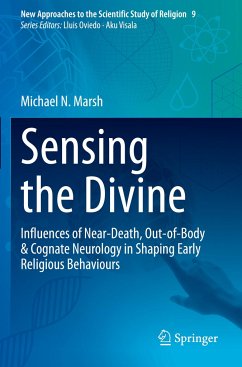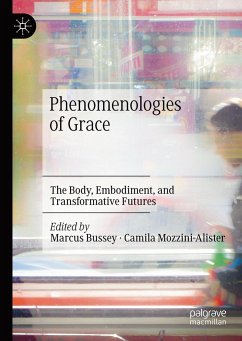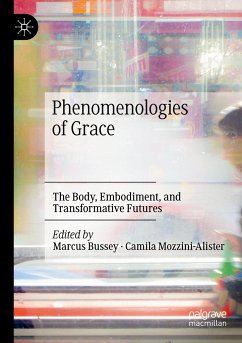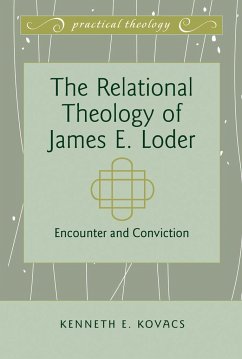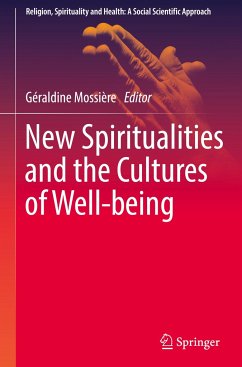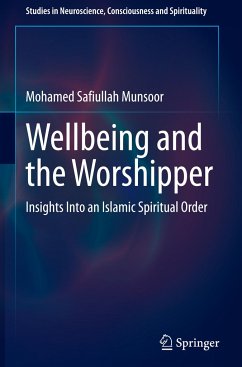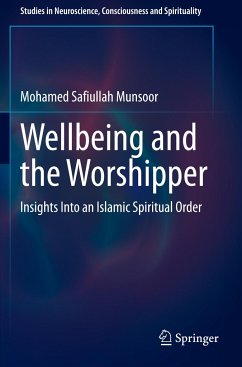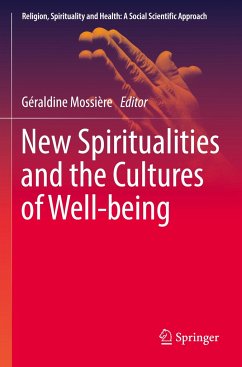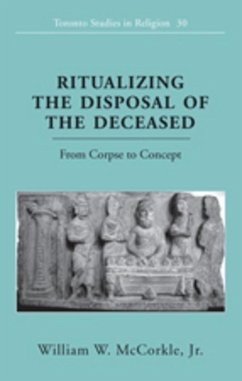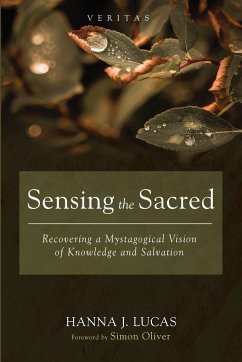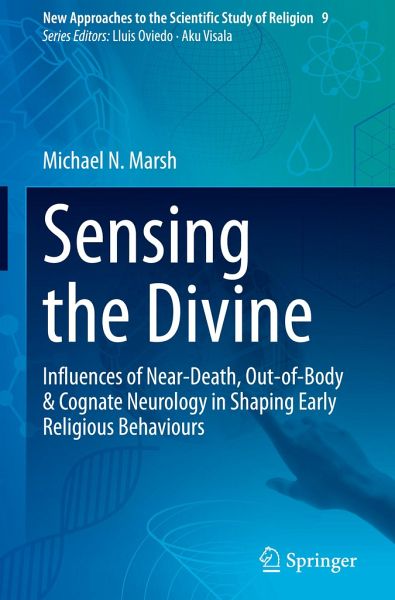
Sensing the Divine
Influences of Near-Death, Out-of-Body & Cognate Neurology in Shaping Early Religious Behaviours
Versandkostenfrei!
Versandfertig in 6-10 Tagen
83,99 €
inkl. MwSt.
Weitere Ausgaben:

PAYBACK Punkte
42 °P sammeln!
This book proposes another unique basis for the origins of religion from disturbances in brain function. It proposes the novel idea that near-death and out-of-body experiences (ND/OBE) engendered "a sense of the divine" in ancient man.As the author points out, key aspects of ND/OBE are thematic of all later established religions. These include journeys to heaven, sightings of brightly-lit godlike figures, and dead people now alive. Thus, ND/OBE could be the originating source of these spiritual motifs. To this, the author adds a fourth factor: various brain influences contribute to or modulate...
This book proposes another unique basis for the origins of religion from disturbances in brain function. It proposes the novel idea that near-death and out-of-body experiences (ND/OBE) engendered "a sense of the divine" in ancient man.
As the author points out, key aspects of ND/OBE are thematic of all later established religions. These include journeys to heaven, sightings of brightly-lit godlike figures, and dead people now alive. Thus, ND/OBE could be the originating source of these spiritual motifs. To this, the author adds a fourth factor: various brain influences contribute to or modulate ND/OBE. Such cognate neurological disorders include REM-sleep intrusions, sleep paralysis, narcolepsy, and the Guillain-Barré syndrome. Errors due to aberrant switching between key neural control centers disrupt critical state-boundaries between consciousness and dreaming. This may induce NDE. Thus, in this state, subjects temporarily fail to understand where they are, undergo loss of self, and detached from the world. They imagine a "union with Gods." Here, then, is the biological basis of ineffability.
Ancient humans gained beliefs about the "supernatural" through day-to-day existence. This book argues that near death experiences and cognate neurological conditions, some genetically-determined, could have facilitated, even augmented such beliefs. Hence, in configuring another realm of "spiritual" experience beyond the known environment, these neurological possibilities offer effective traction.
As the author points out, key aspects of ND/OBE are thematic of all later established religions. These include journeys to heaven, sightings of brightly-lit godlike figures, and dead people now alive. Thus, ND/OBE could be the originating source of these spiritual motifs. To this, the author adds a fourth factor: various brain influences contribute to or modulate ND/OBE. Such cognate neurological disorders include REM-sleep intrusions, sleep paralysis, narcolepsy, and the Guillain-Barré syndrome. Errors due to aberrant switching between key neural control centers disrupt critical state-boundaries between consciousness and dreaming. This may induce NDE. Thus, in this state, subjects temporarily fail to understand where they are, undergo loss of self, and detached from the world. They imagine a "union with Gods." Here, then, is the biological basis of ineffability.
Ancient humans gained beliefs about the "supernatural" through day-to-day existence. This book argues that near death experiences and cognate neurological conditions, some genetically-determined, could have facilitated, even augmented such beliefs. Hence, in configuring another realm of "spiritual" experience beyond the known environment, these neurological possibilities offer effective traction.





